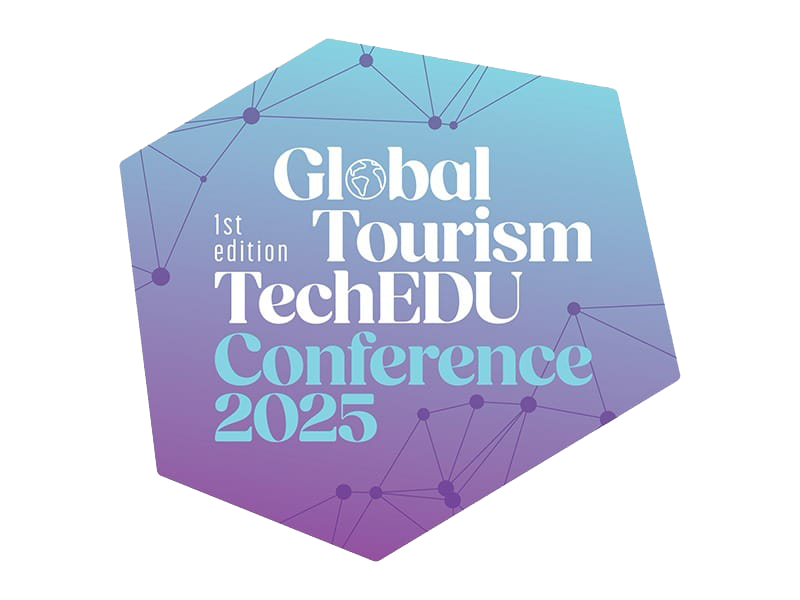Introduction: The Evolving Landscape of Tourism Education
The tourism and hospitality industry is undergoing a profound transformation, and higher education programs are rapidly adapting to meet the challenges of a post-pandemic, technology-driven world. Today’s tourism degree programs are no longer just about learning traditional hospitality management—they’re about preparing global professionals who can navigate complex, interconnected travel ecosystems.
Key Emerging Trends in Tourism Higher Education
1. Technology-Integrated Curriculum
Modern tourism degree programs are embedding cutting-edge technologies directly into their core curriculum:
- Artificial Intelligence (AI) Applications: Students learn to leverage AI for:
- Predictive customer behavior analysis
- Personalized travel recommendation systems
- Dynamic pricing strategies
- Virtual and Augmented Reality (VR/AR): Practical training now includes:
- Virtual destination marketing simulations
- Immersive cultural experience design
- Digital tour guide skill development
2. Sustainability as a Core Competency
Sustainability is no longer an elective—it’s a fundamental requirement in contemporary tourism education:
- Comprehensive courses on:
- Ecological impact assessment
- Sustainable destination management
- Carbon-neutral tourism strategies
Universities are integrating real-world sustainability projects, allowing students to develop practical solutions for reducing tourism’s environmental footprint.
3. Globalization and Cross-Cultural Competence
Degree programs are expanding beyond traditional boundaries:
- International Collaborative Programs:
- Joint degrees with multiple global institutions
- Semester exchange opportunities
- Multicultural team project experiences
- Language and Intercultural Communication:
- Mandatory multilingual communication courses
- Cultural intelligence workshops
- Global business etiquette training
4. Data-Driven Decision Making
The rise of big data is revolutionizing tourism education:
- Advanced analytics courses covering:
- Tourism trend forecasting
- Customer experience optimization
- Digital marketing performance analysis
Students learn to transform complex data into strategic insights using:
- Advanced statistical software
- Machine learning techniques
- Real-time data visualization tools
5. Flexible and Hybrid Learning Models
COVID-19 accelerated the adoption of flexible educational approaches:
- Blended Learning Formats:
- Online theoretical modules
- In-person practical workshops
- Global virtual internships
- Micro-Credentials and Stackable Certifications:
- Modular learning paths
- Industry-aligned skill certifications
- Continuous professional development options
Preparing for Uncertain Future Scenarios
Tourism degree programs are now designed to create:
- Adaptable professionals
- Innovative problem-solvers
- Resilient global citizens
Conclusion: The Future is Integrated and Dynamic
As the tourism industry continues to evolve, educational institutions are reimagining how they prepare the next generation of professionals. These emerging trends demonstrate a commitment to creating graduates who are not just job-ready, but future-ready.
Key Takeaways:
- Technology integration is reshaping tourism education
- Sustainability is now a core competency
- Global perspectives are crucial
- Data skills are becoming essential
- Flexibility in learning is key to success
Are you ready to be part of this transformative educational journey?
Disclaimer: The tourism industry is dynamic, and educational approaches continue to evolve. Prospective students should always research current program offerings and verify the latest trends.


Leave a Reply